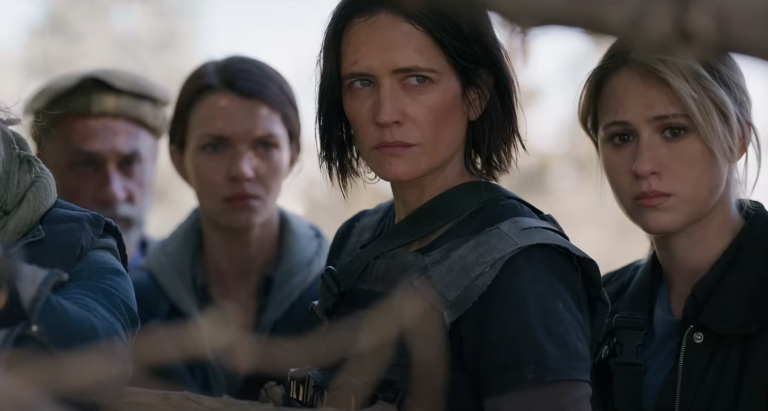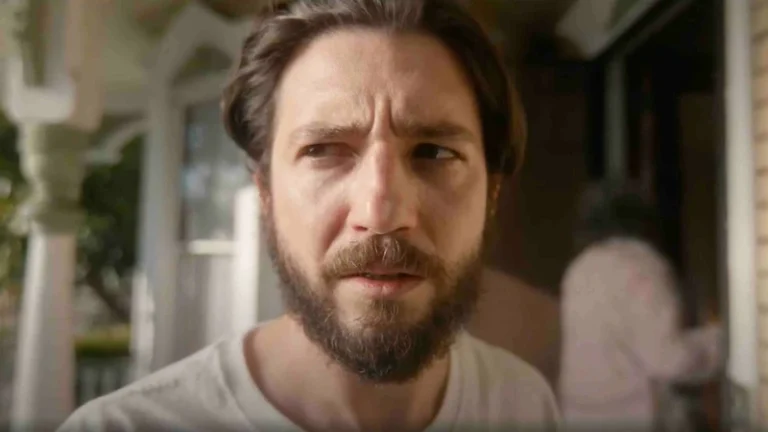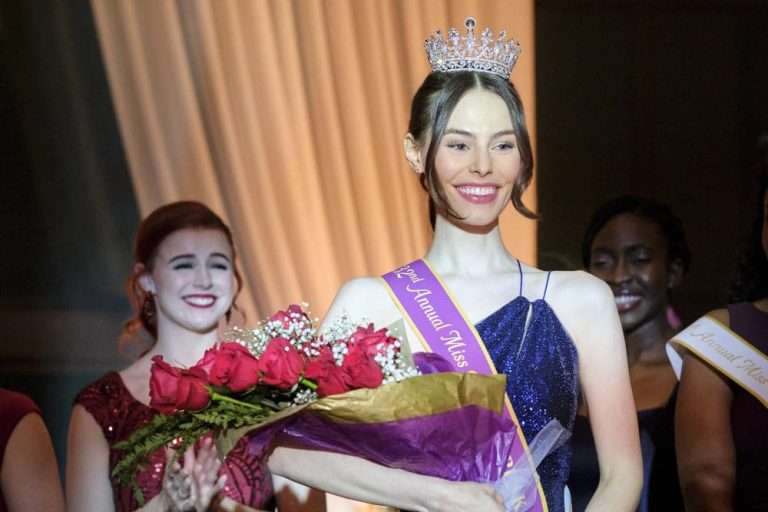As far as filmmaking dynasties go, the Cronenbergs aren’t exactly the Canadian Coppolas, but that isn’t to say that the Father of Body Horror hasn’t also fathered some accomplished artists to carve out their own legacies. Brandon Cronenberg has already proven himself a worthy successor to occupy his old man’s specific lane of high-concept, low-scale gruesomeness, while his daughter Caitlin has solidified a strong career in photography. Alas, the call of the moving image was simply too irresistible, and so with “Humane,” Caitlin Cronenberg takes her first opportunity behind a moving-image camera to unpack some familial success stories of her own.
Naturally, because this is the Cronenberg brood, whatever social dynamics are at play are buried shallowly beneath an intriguing concept whose greatest strengths are its world-building details. At the same time, in keeping with her father’s legacy, young Cronenberg finds little space within the details of this concept to actually drum up any investment in those who call this decrepit world their home.
The home in question is ours—or rather, some undefined American (Canadian?)-esque Western nation in an undefined moment in time where the climate crisis has reached a tipping point. The sun’s UV rays are fatal after prolonged exposure, families are lined up to get their water rations from a truck, and resources have become so scarce that the governments of the world have decided to each pledge a 20% population cull by an impending date.
Our undefined nation of focus is falling way behind the quota of voluntary euthanasia, and this is too much to bear for well-off former news anchor Charles York (Peter Gallagher; what’s this American doing here?), who has decided to enlist himself and his reticent wife Dawn (Uni Park) for the program. Charles reveals this plan to his four children over dinner–a smarmy government mouthpiece (Jay Baruchel), a sociopathic pharmaceutical rep (Emily Hampshire), an adopted recovering drug addict (Sebastian Chacon), and… a fourth one (Alanna Bale). When Dawn jumps ship before the euthanasia squad arrives, the unit’s passive-aggressively peppy leader (Enrico Colantoni, having far more fun onscreen than he did at the post-screening Q&A) insists that someone in this family is going to fill that second body bag.
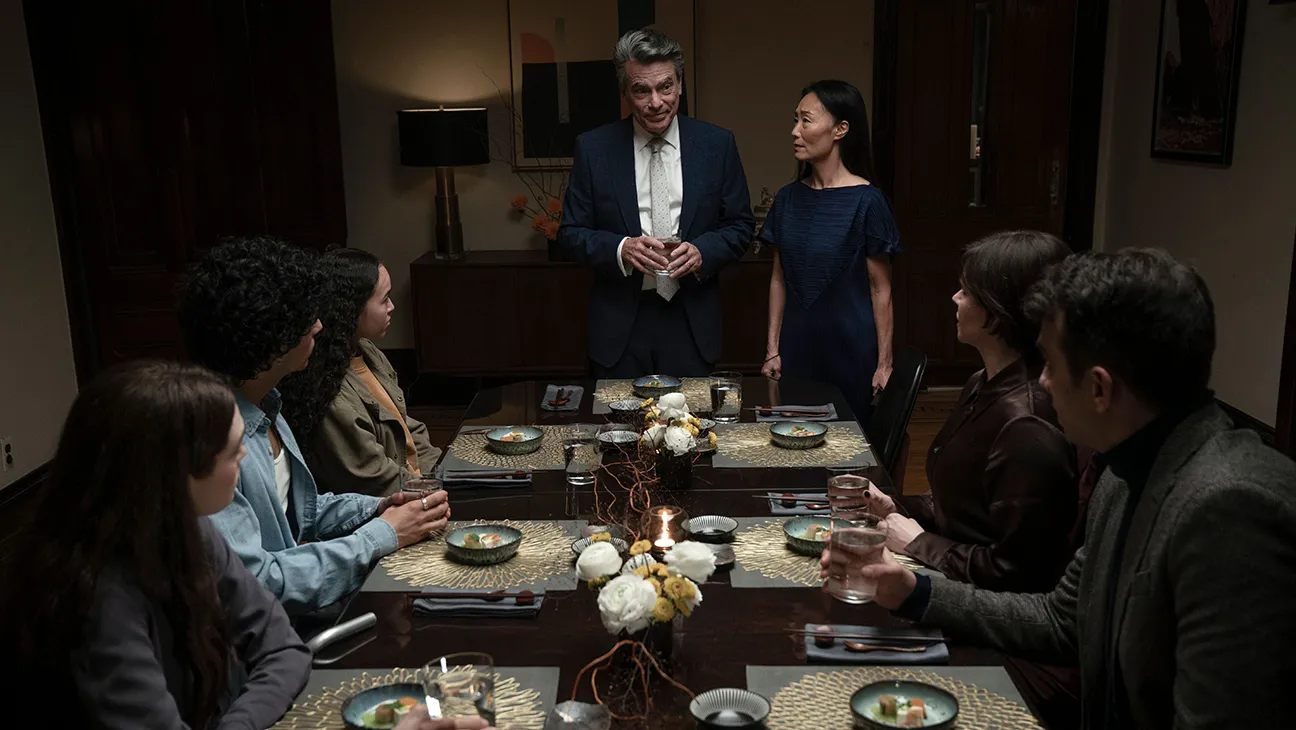
Already, the pieces are in motion for “Humane” to make some sort of statement on the status of the rich in their roles as bystanders—active engagers, even—in the destruction of the planet without facing real consequences. Further, the complete lack of familial connectivity between these four children ensures that their individual survival instincts will turn that class commentary into more direct thrills; “When the chips are down, they’ll eat each other,” etc., etc. At least, that’s what Cronenberg and screenwriter/producer Michael Sparaga had in mind. Just as their characters quickly learn, however, execution is where things get tricky.
There is something to be said for Caitlin’s refusal to join the same lane as her brother and attempt to carry the same gnarly torch as their legendary father—even though Brandon is doing a pretty good job; I’d argue even better than the original recipe Cronenberg—opting instead to channel some of that gore sparingly across a more narratively inclined project. Everything in “Humane” looks very clean and sterile, which surely sucks some of the life out of this world, but that is arguably the point. Veteran Canadian cinematographer Douglas Koch captures the confines of this vast domicile with a decent grasp of the slick detachment in which these isolated children of money exist. It’s when the time comes to mine any dramatic weight from those children that “Humane” begins to fall apart at the foundations.
None of these four children are supposed to be entirely likable (Bob, the unit head, almost less so), clearly out of the desire to make their self-serving behavior more believable and, subsequently, more poignant for Cronenberg’s greater ideas. This decision is a gamble that only pays dividends if the unlikeable subjects are at least compelling in their detestability, but Sparaga’s script searches desperately for the room to make any of them interesting beyond their stereotypes and comes up entirely short. Simply put, why should we care about who lives or dies when these people all suck, and not even in an amusing way?
In spite of how clearly challenging it is to actually assemble a genre hybrid of horror and comedy, everyone and their mother seems to think they could pull one off these days. To be fair, there is cause to say that Caitlin Cronenberg is among those who had a good reason to make that assumption about themselves—if not for her family’s filmic background, then for her admirable, modest ambition to attach some sort of conceptual delivery tool to a greater attempted message (Abigail would never). If this play in the widening pool of “eat the rich” commentaries rings somewhat flatly, it isn’t because it’s coming from someone affluent enough to actually make a living out of photography in the 2010s; it’s because that commentary simply offers us no reason to care about the players delivering it.



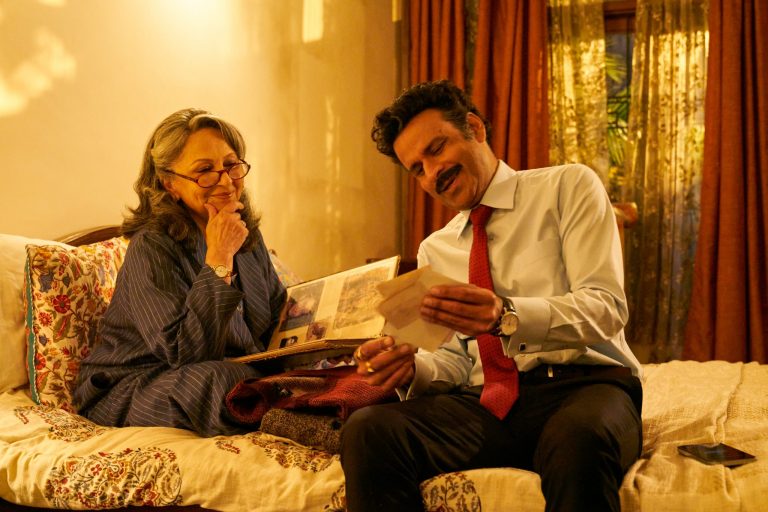
![Against the Ice [2022] Netflix Review: A Flat Survivor Thriller that Never Quite Catches the Adventure Sprit](https://79468c92.delivery.rocketcdn.me/wp-content/uploads/2022/03/Against_the_Ice_20201024_Unit_02235_R-768x512.jpg)
![Dear Comrade [2019] Review: A High-Octane Crowd-Pleaser with Enough Passion and Heart](https://79468c92.delivery.rocketcdn.me/wp-content/uploads/2019/07/Dear-Comrade-Movie-Images-Wallpapers.jpg)
